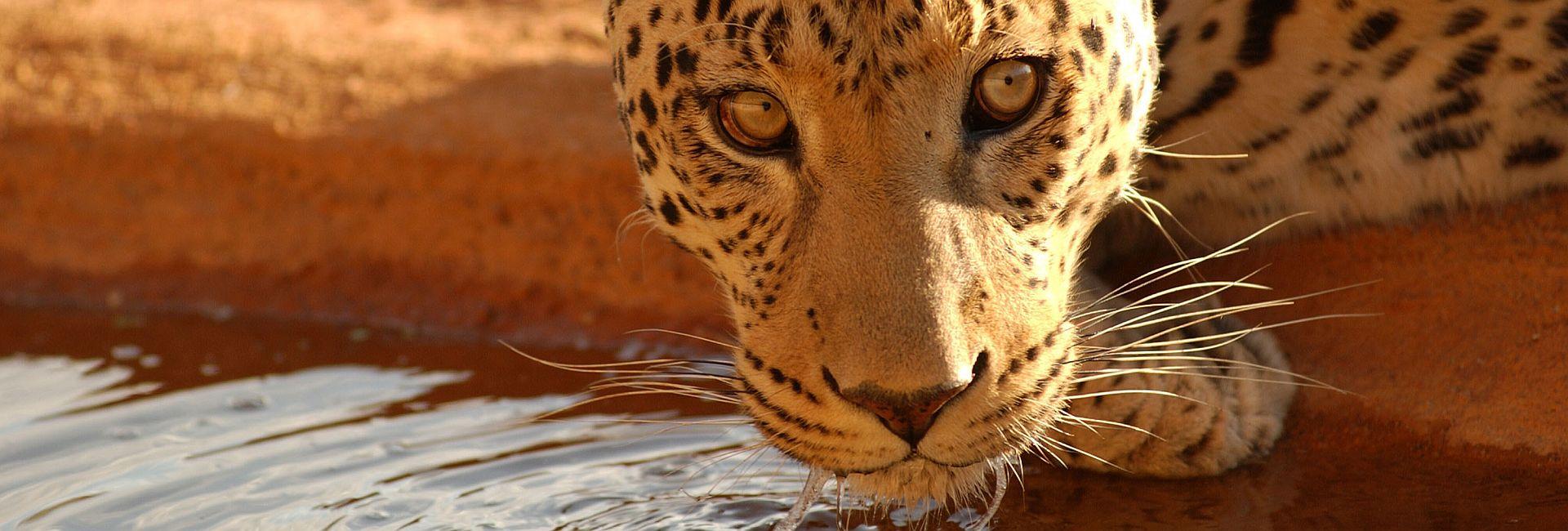The following pictures came from camera traps set by the team at our Zululand Conservation Project and Panthera Africa. The cameras were set up over a period of 45 days and proved once more that this technique is the most reliable way for monitoring animals without interfering with them too much. The cameras were set up within the stunning Hluhluwe–iMfolozi Park, which you will see plenty of below!
While leopards are not the main focus of the project, who mainly focus on African wild dogs and the black rhino, the leopard is still a priority species and so sightings will be recorded. The animals are monitored so that the conservation workers can better understand the behaviour of these species, so to better understand how to preserve them in the most efficient and responsible way possible. The camera traps provide extra eyes for the team, particularly at night! While the camera traps do not interfere negatively with the leopard's activities, they didn't go unnoticed!
This furry and spotted fellow reeeeeeally liked this camera trap!
The camera traps provide extra sets of eyes for the team during the night!
The majesty, beauty and complexity of the leopard's markings are particularly prominent in this image.
I don't know about you, but I reckon this guy is due a meal with the look in those eyes!
Leopards are nocturnal mammals.
If you would like to take a closer look at this exhillerating project and have the chance to volunteer with endangered animals abroad then please view the project in our project page.
















